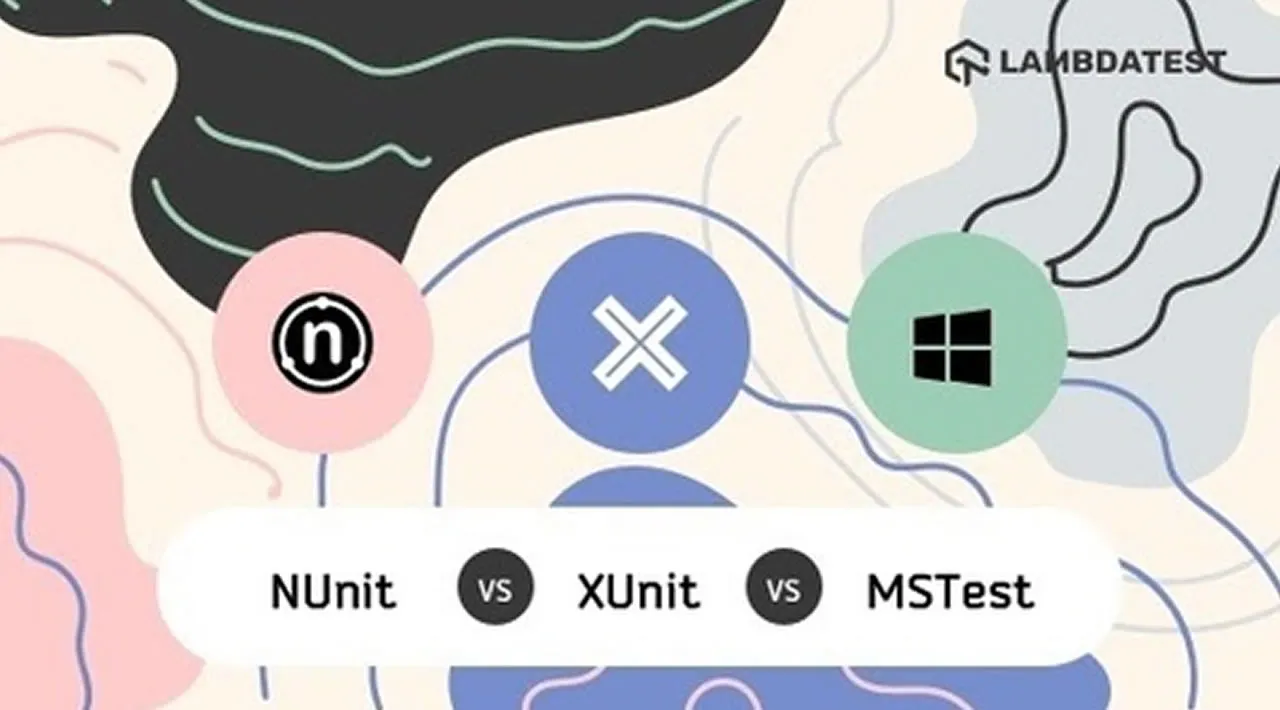This blog compares the three major C# Unit testing frameworks: NUnit, xUnit, and MSTest, along with the demonstration using the Remote Selenium Grid.
One of the most challenging things to do is ‘making the right choice.’ Arriving at a decision becomes even more complicated when there are multiple options in front of you☺. The same is the case with choosing a testing framework for .NET Core. The three major C## Unit testing frameworks are MSTest, NUnit, and xUnit.Net. You should select the most appropriate test framework that suits your project requirements. In this blog, we will see a detailed comparison between NUnit vs. XUnit vs. MSTest.
We have earlier covered all the three frameworks independently and recommend you to refer to those articles for detailed information on these test frameworks. In this article, we will briefly go through the features and compare the frameworks (NUnit vs. XUnit vs. MSTest) so that you can arrive at a decision to select the best-suited framework.
All three frameworks use annotations/attributes to inform the underlying framework about how the source code should be interpreted. Attributes are meta-tags that give more information about the test methods and classes defined in the source code.
We would be demonstrating NUnit vs. XUnit vs. MSTest comparison using cross browser testing using the Selenium framework. When choosing a test framework, you should check the in-house expertise and check whether the framework is well-suited for the ‘type’ of project your team is working on!
#csharp #testing #selenium
